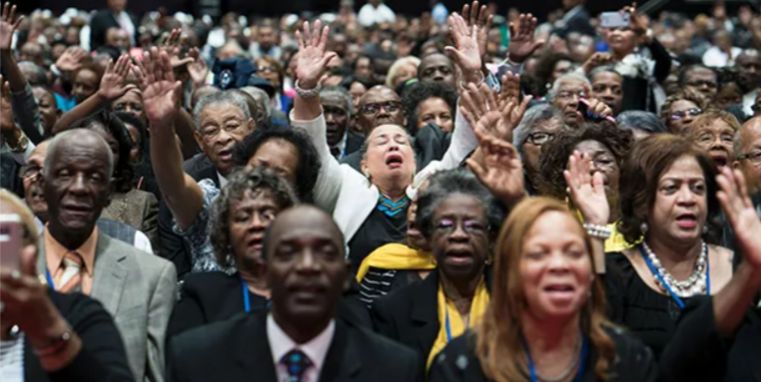(ThyBlackMan.com) Mental health has long been a sensitive and often avoided topic in many communities, but it is particularly overlooked in the Black community. Cultural stigma, historical trauma, and a lack of access to proper resources have all contributed to the hesitancy around discussing mental health within this group. However, as awareness and understanding grow, more Black individuals are speaking out about their struggles and seeking help. It is essential to explore why these conversations are critical and how they can be normalized.

The Historical Context: A Legacy of Silence
The reluctance to discuss mental health in the Black community has deep roots in history. For generations, Black families have faced systemic racism, poverty, and violence, which have left lasting psychological scars. During times of oppression, survival became the primary focus, and any emotional vulnerability was often seen as a sign of weakness. This “toughen up” mentality was passed down from generation to generation, discouraging Black individuals from seeking therapy or opening up about their feelings.
Furthermore, during the era of slavery and segregation, mental health issues were often misunderstood, and people of African descent were treated as inferior or less than human. This historical legacy has contributed to the long-standing mistrust of medical and mental health institutions, making it even more difficult for Black individuals to feel comfortable reaching out for help.
Cultural Stigma and Misinformation
In many Black communities, mental health is still often seen as taboo. The idea of “keeping things in the family” or “not airing your dirty laundry” has been ingrained in many cultural norms. This leads to feelings of shame and fear, as individuals might feel that they will be judged or ostracized if they admit to struggling with mental health issues.
Misinformation also plays a role in perpetuating stigma. There are widespread misconceptions about what mental health conditions look like, and some people might view conditions like depression or anxiety as signs of weakness, rather than medical issues. This lack of understanding can prevent people from seeking the help they need and can lead to negative outcomes such as untreated conditions or substance abuse.
Breaking the Silence: Encouraging Open Conversations
Despite these challenges, there has been a significant shift in recent years as more Black individuals, influencers, and public figures have begun to openly discuss their mental health struggles. Celebrities like Taraji P. Henson, Kid Cudi, and Michelle Williams have used their platforms to talk about their experiences with depression and anxiety, helping to reduce stigma and spark important conversations.
These public figures have shown that mental health issues are not a sign of weakness and that seeking help is an important step toward healing. As more Black people begin to speak out, it encourages others in the community to do the same, creating a ripple effect that is slowly breaking the silence. Accessing mental health support is vital, and many are finding comfort in options like online therapy for depression, which can provide convenient and effective help for those who may not have access to in-person therapy.
The Need for Culturally Competent Care
Many mental health professionals are not trained to understand the unique challenges faced by Black individuals, which can make therapy feel alienating. It is crucial to have therapists who understand the cultural, historical, and social contexts that shape Black people’s experiences.
Organizations and initiatives are emerging to address this gap in mental health care. Programs that train therapists to be culturally competent and connect Black individuals with mental health professionals who share their background or understanding are making it easier for people to seek help without fear of being misunderstood.
Conclusion: A Path to Healing
Opening up about mental health in the Black community is a vital step toward breaking the stigma and creating a more supportive environment for those struggling. By acknowledging the unique challenges the community faces and fostering conversations about mental health, we can begin to heal generational wounds and create a space for vulnerability and support.
Staff Writer; Jason Parker
















Leave a Reply